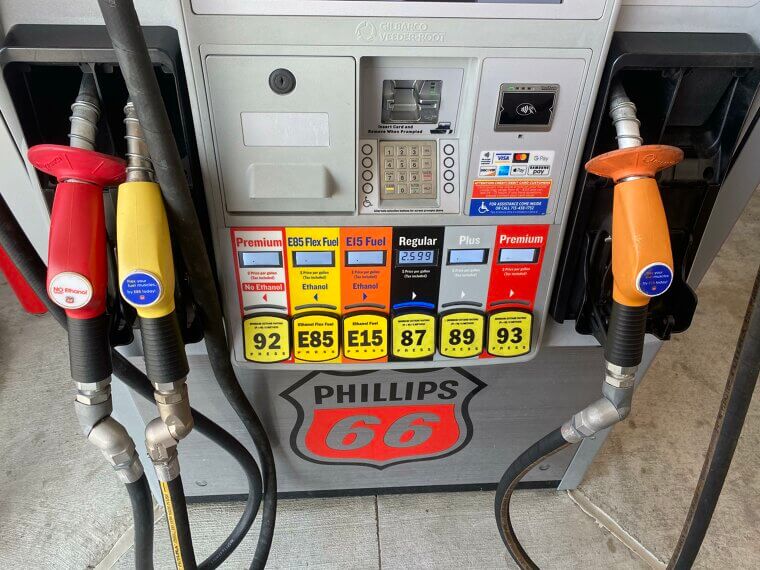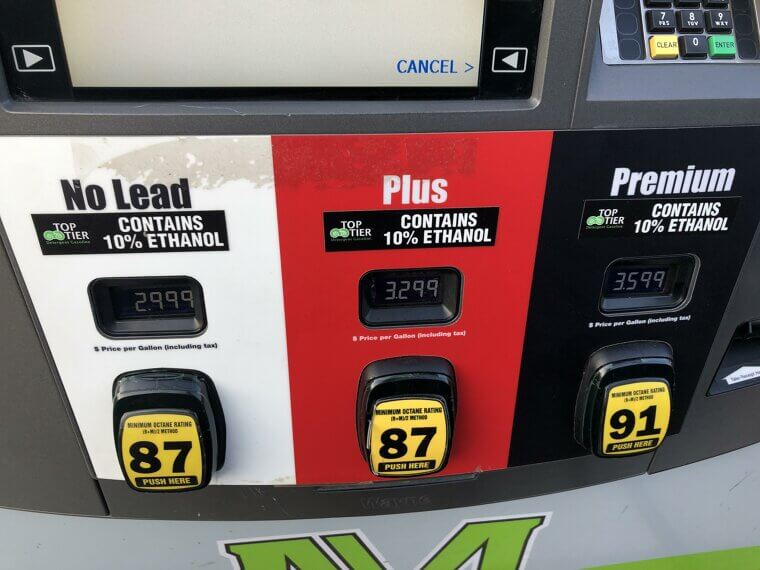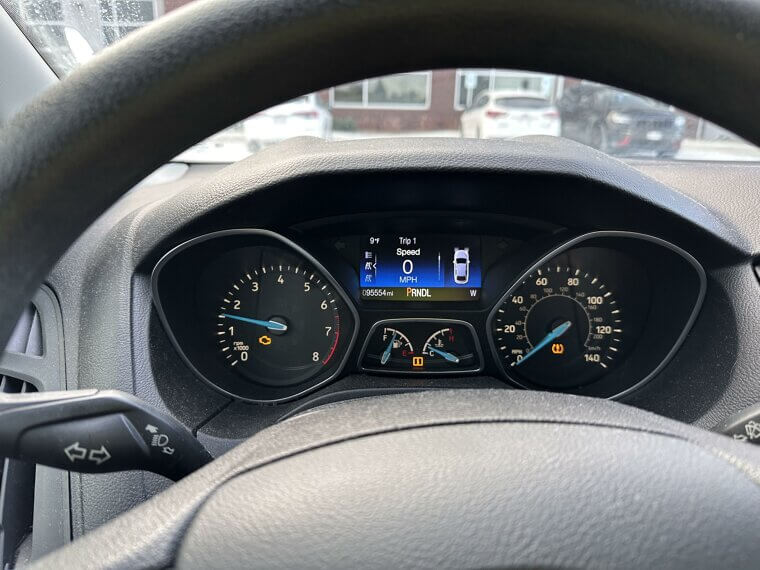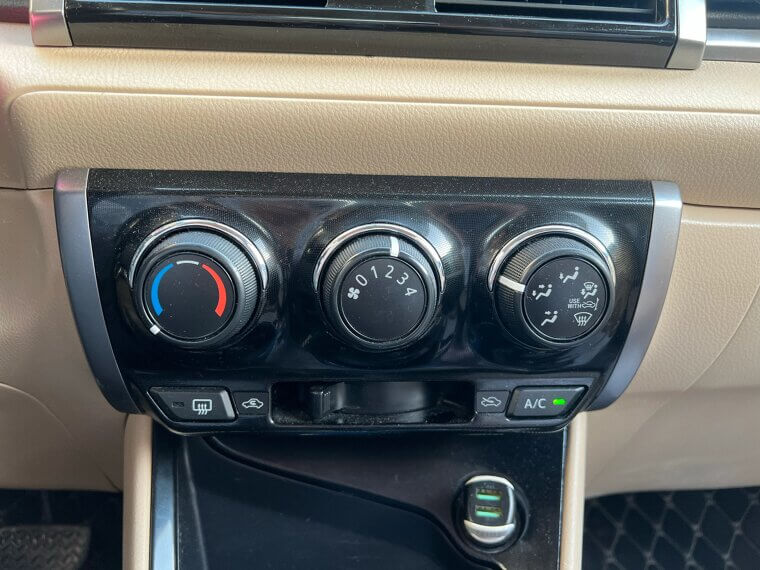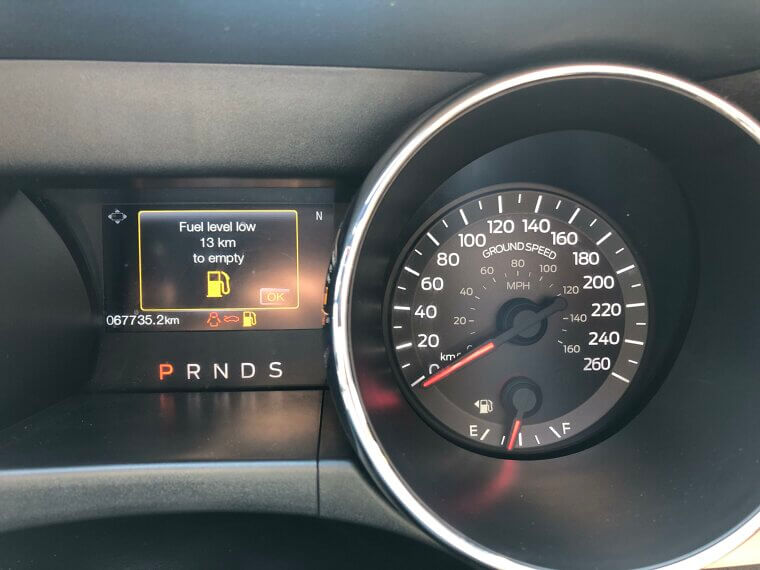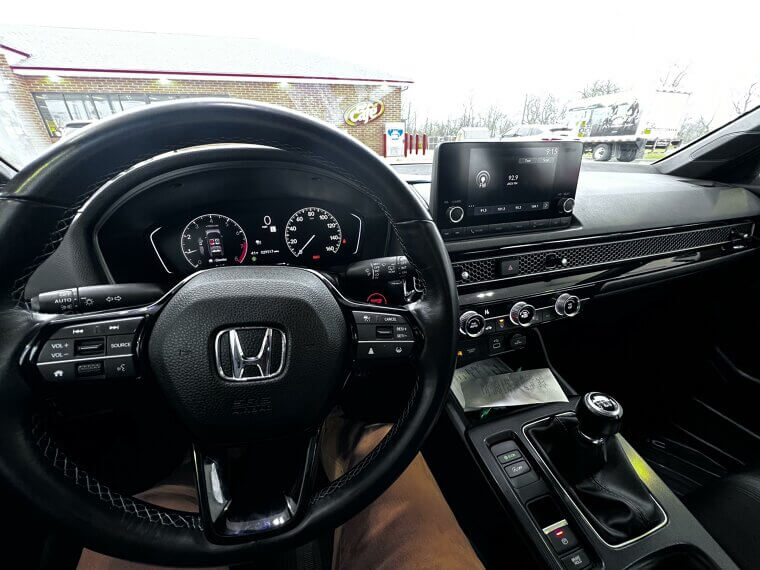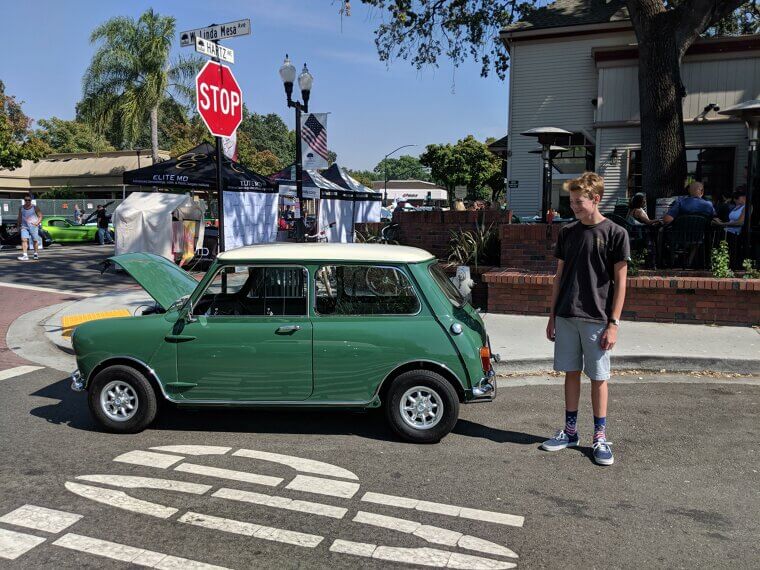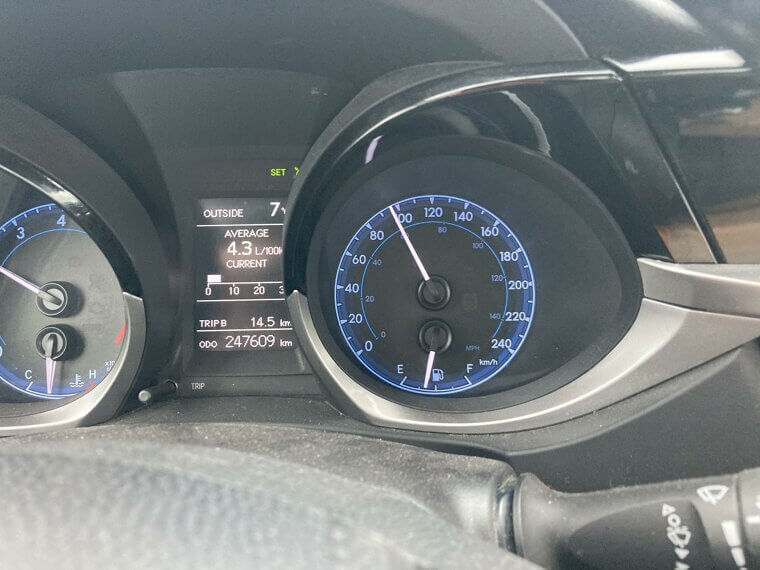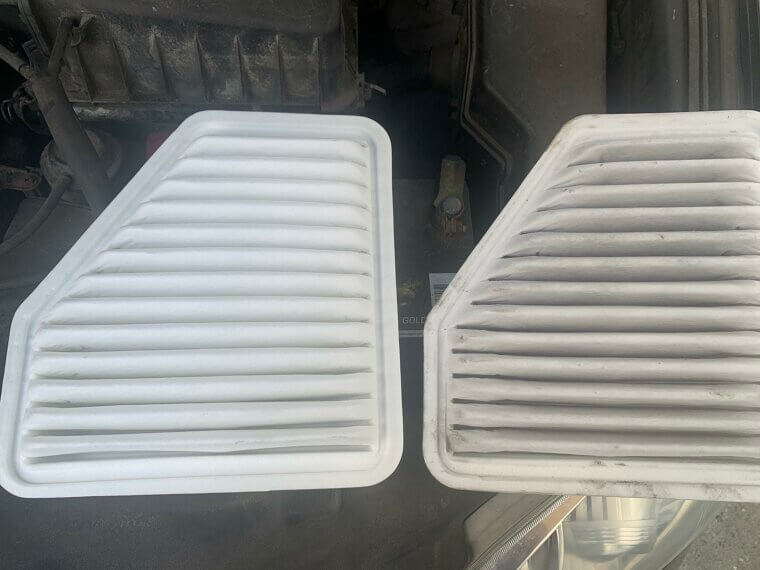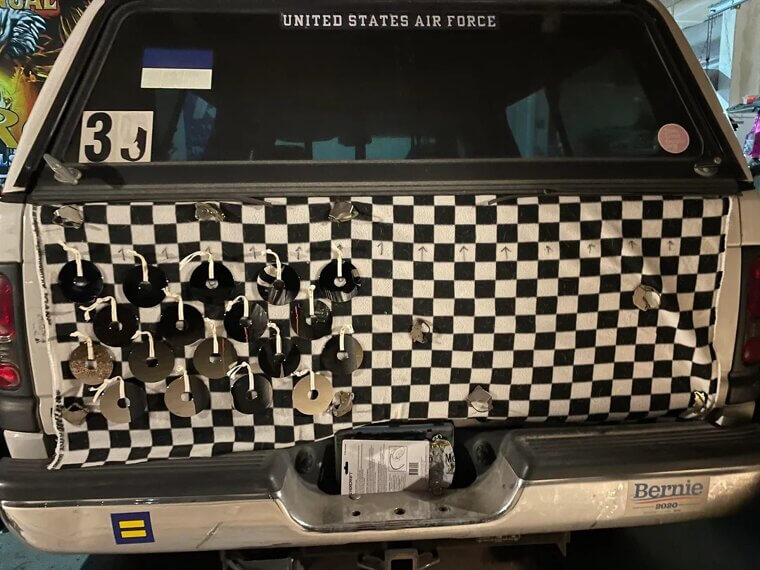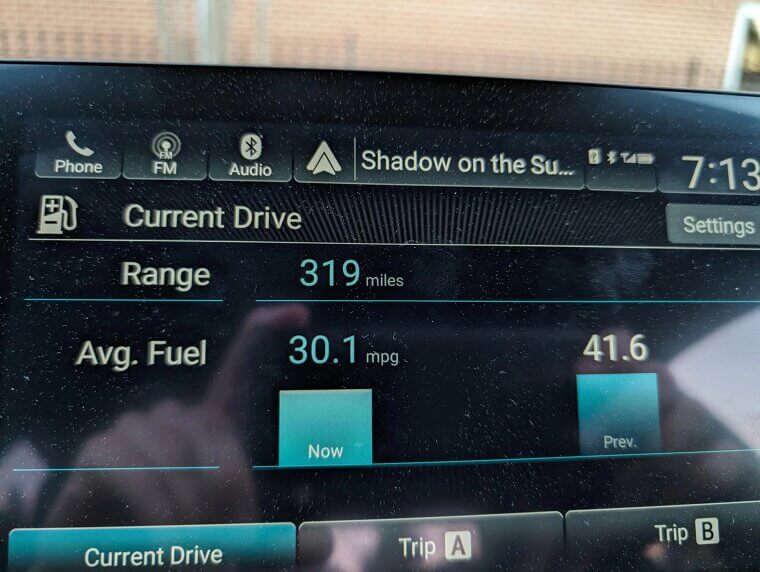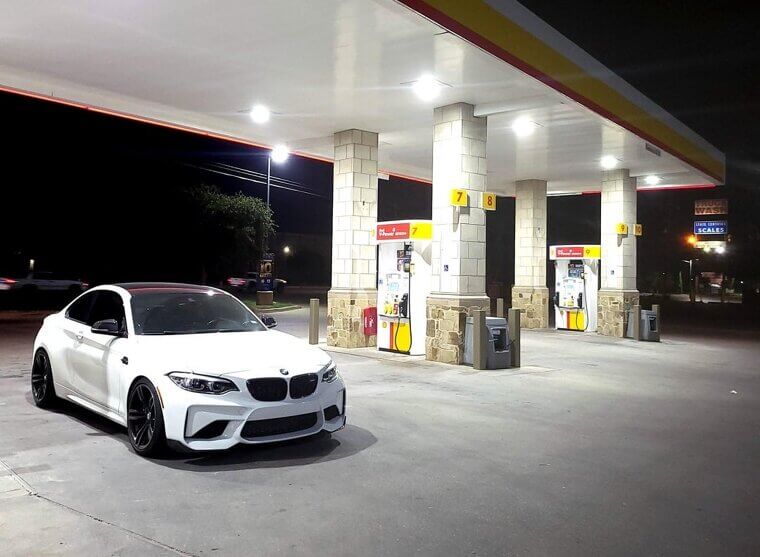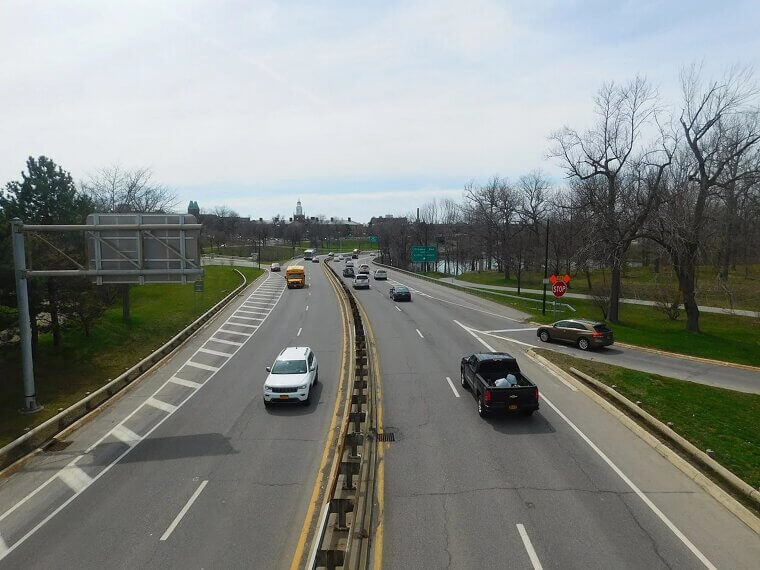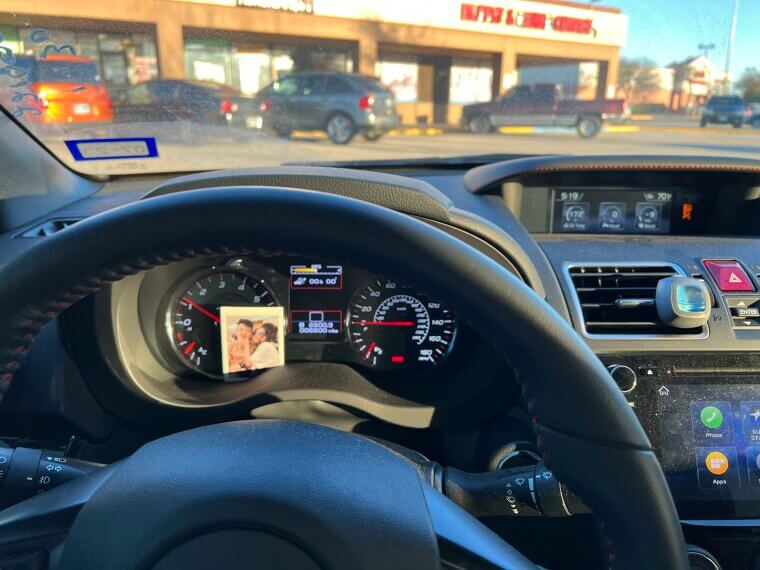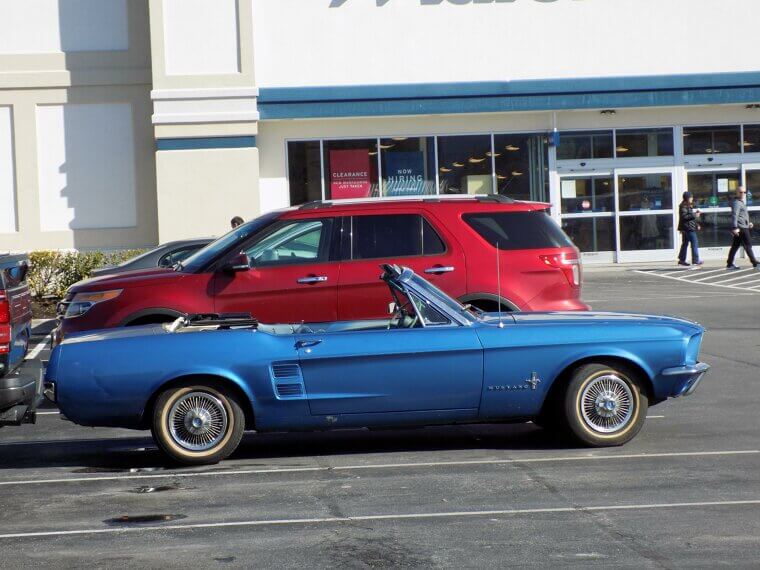We All Want to Save on Fuel
You’ve probably heard a dozen “surefire” ways to save on gas- most of them passed down like family recipes. From coasting in neutral to filling up in the morning, some of the most common fuel-saving tips are actually doing the opposite and draining your wallet while they’re at it. Let’s look at these fuel-saving myths that aren’t doing you any favors.
Premium Gas Makes Your Car Run Better
Unless your owner's manual begs for premium, you’re just treating your car to champagne when it asks for tap water. Premium fuel doesn't magically boost performance—it just costs more. For most cars, regular works just fine. Your wallet will thank you.
Warming up Your Car Saves Gas
Unless you are driving a classic old jalopy from the disco era, modern engines do not require a long warm-up. Idling simply uses fuel while you sit in your car, pretending it's 1993. Just start the vehicle, drive nicely and gently, and skip the driveway sauna.
Shifting to Neutral at Stoplights Saves Fuel
When carbureted engines ruled the roads, there was some basis for this. Today? Not so much. Modern engines are not easily fooled. Sure, shifting to neutral could save a droplet of fuel, but you're risking transmission wear for pennies. Let your tech do its job. Let the technology do what it was designed to do.
Fuel Additives Improve Mileage
Most fuel additives are just snake oil in fancy packaging. Unless your mechanic explicitly tells you otherwise, fuel additives are more placebo than performance. Want improved mileage? Drive smoother. That’s the only magic you really need.
Filling up in the Morning Saves Money
Yes, fuel expands with heat—but the difference at the pump? Negligible. We’re talking fractions of a penny. Gas pumps are temperature-compensated, meaning you get the same amount at any time of the day. So, there is no need to crawl out of bed early for a “better” fill-up.
Turning off the A/C Boosts Efficiency
Sure, blasting the A/C can sip extra fuel—but turning it off and rolling down the windows isn’t always better. At high speeds, open windows increase drag, which can cancel out any savings. So don’t sweat it—use your A/C wisely and enjoy the breeze without the guilt.
Cruise Control Always Saves Fuel
On flat highways, cruise control is your gas-sipping buddy. But on hilly roads, it’s the overeager intern of driving—accelerating harder than needed. Use it wisely, and don’t expect miracles on your mountain commute.
Keeping Your Tank Full Improves Mileage
A full tank is great for peace of mind, but it doesn’t magically boost efficiency. In fact, more fuel means more weight, which can slightly reduce MPG. Unless you’re prepping for a road trip, you don’t need to keep it brimmed.
Manual Transmissions Are Always More Efficient
That used to be true—back when dinosaurs roamed, and cars had cranks. But today’s automatic transmissions are pretty clever, often beating manuals at fuel efficiency thanks to more gears and smarter shifting. So, if you're clinging to your stick shift for gas savings, you might be living in the past.
Smaller Cars Always Use Less Gas
Tiny cars can be fuel-friendly, but it’s not guaranteed. Some compact models are surprisingly thirsty, especially older ones. Meanwhile, hybrids and newer midsize sedans sip fuel like it’s expensive (because it is). Size matters, but so does tech.
Hypermiling Is Always Safe and Smart
Coasting, engine-off gliding, and crawling at 17 mph might save gas—but they also make you that driver. Not to mention, some hypermiling tactics can be downright dangerous. Save your gas without turning your daily drive into a rolling science experiment.
You Need to Change Your Air Filter Constantly for Better Mileage
Clean filters are good, but changing them every month like you're prepping for a NASCAR race? Overkill. Today’s engines can adjust for minor airflow issues. Change it when it’s dirty—not when your neighbor with a '97 Corolla tells you to.
Tailgating Trucks Saves Fuel
Sure, drafting behind a semi might give you a slight boost—but also a front-row seat to disaster. Unless you're filming the next Fast & Furious, keep your distance. It’s not just unsafe; it's not worth the three cents you might save.
Apps Can Magically Boost MPG
Fuel apps help you find cheaper gas, but they won’t make your car run like a hybrid. Some even drain your phone battery faster than your car uses gas. Helpful? Sometimes. Magical MPG-fixer? Not quite.
Topping off the Tank Gets You More Fuel
Think that extra click at the pump is a bonus? Think again. Modern pumps shut off when you have a full tank. When you top off, you may actually be wasting gas, damaging the vapor recovery system, and incurring costly repairs. Stop when it clicks. You’re not getting extra mileage, just extra trouble.
Driving Slower Always Saves Fuel
Creeping along at 45 on the freeway isn’t a guaranteed win. Engines have a sweet spot, usually around 55–65 mph. Driving slower than that means you are an annoyance at best. Don’t be the slowpoke that messes with traffic flow and causes more braking and acceleration, which burns even more gas.
Drafting Behind Cars Helps MPG
Yes, air resistance is real. But riding someone’s bumper like you’re in a NASCAR race is neither safe nor legal. You will not save enough gas that’s worth covering your potential insurance claim. Give space. Your brakes will thank you, and so will your blood pressure.
Bigger Tires Mean Better Mileage
Actually, upsizing your tires usually does the opposite. More rolling resistance = more fuel burned. Unless you're off-roading or starring in a monster truck show, stick to what your car was designed for. Bigger isn’t always better.
Idling Uses Less Gas Than Restarting
Nope. Modern engines are efficient enough that restarting uses less fuel than sitting idle. If you’re parked for more than 30 seconds, turn it off. You’re not charging rent for your driveway space—don’t waste gas like you are.
Fuel Economy Drops Only With Age
Mileage doesn’t tank just because your car hit a birthday. Maintenance matters more than age. Regular checkups keep older rides sipping fuel sensibly. Treat your car right, and it’ll return the favor—even if it’s eligible for classic plates.

